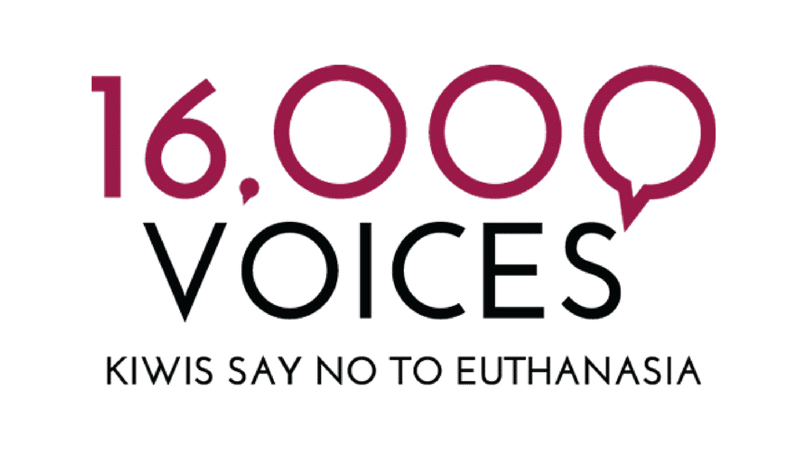Powerful arguments against euthanasia and assisted suicide have been put forward by a new campaign group ahead of an attempt to change the law in New Zealand.
The ‘16,000 voices’ campaign focuses on people who made submissions to the New Zealand Parliament Health Select Committee on assisted suicide.
The committee was set up in response to calls for the legalisation of both assisted suicide and euthanasia.
Opposition
Dr Jane Silloway Smith, whose analysis of the submissions formed the basis for the campaign’s research, said: “Most Kiwis assume that the majority of the submissions given must have been in favour of euthanasia – but that’s not the case at all – quite the opposite!”
Dr Smith, the Director of the Every Life Research Unit, went on to criticise the media in the country for its biased reporting on the issue.
“Most articles or news stories about the oral submission process have focussed on the submissions made in favour of euthanasia, with scant mention of those made in opposition”.
Dr Smith went on to say that “the public has spoken: 3 out of 4 Kiwis say no to euthanasia”.
Care and support
Earlier this month, the campaign Director of Care Not Killing, a group which promotes end-of-life care and opposes euthanasia, spoke in opposition to the Bill before the Health Select Committee.
Dr Peter Saunders said: “Our case against the legalisation of assisted suicide and euthanasia is that it is dangerous, uncontrollable and unnecessary.”
Dr Saunders highlighted the recent case of a Dutch doctor who was found by a medical committee not to have broken any laws after euthanising a dementia sufferer against her will. He said the case against legalisation “gets easier” when reports like this come out.
“We would urge the New Zealand Parliament if it comes to consider legislation on this issue, not to proceed with it but rather to focus on suicide prevention and on providing better care and support”, he concluded.
UK vote
Assisted suicide remains illegal in the UK.
Under the law in England, Wales and Northern Ireland, a person who intentionally encourages or assists the suicide or attempted suicide of another person, commits an offence which carries a maximum prison sentence of 14 years.
A Bill to legalise assisted suicide was soundly defeated in the House of Commons in 2015 by 330 votes to 118.

